After seeing his debut feature Either Way remade into US film Prince Avalanche, director and writer Hafsteinn Gunnar Sigurðsson talks to Laurence Boyce about his second feature, which receives its world premiere in Karlovy Vary.
Icelandic director Hafsteinn Gunnar Sigurðsson’s debut feature Either Way was an affecting and quirky exploration of the relationship between two road painters who live an isolated existence as they discuss life and women in the vastness of the Icelandic countryside.
Proving popular on the festival circuit, the film would go on to be remade by David Gordon Green as Prince Avalanche with Paul Rudd and Emilie Hirsch in the leads.
Now Sigurðsson’s second feature, Paris of the North, is set to have its world premiere in the Karlovy Vary International Competition. Filled with deadpan humour and a brilliant soundtrack, Sigurðsson once again tells a story of two people forced together in isolated surroundings.
Here Hugi, a teacher in a small village in the east of Iceland, receives a visit from his father, Veigar. While Hugi tries to discover what to do with this life – while abstaining from alcohol - Veigar prefers to enjoy himself putting him at odds with Hugi, his lifestyle and the fragile relationships he has already made.
Where did the inspiration for Paris of the North come from?
I approached my friend and screenwriter Huldar Breiðfjörð with a vague idea about a father son story, which was very loosely based on a script I had written earlier.
He picked up on it as we were both excited to shoot a film in the town of Flateyri in the West Fjords of Iceland. The town was a big inspiration for both of us and things began to evolve.
How did the film get funded? Was it easy to get the money together from the likes of the Icelandic Film Centre?
The film is an Icelandic, French, Danish co-production and received funding from The Icelandic Filmcentre and Eurimages. I think it´s never easy to finance a film, but if you´re persistent and believe in your project, things will get done.
Tell us more about the casting of the film.
Björn Thors, who plays the lead [role of Hugi], is a very talented and growing actor I´ve known for a long time and I was very happy to finally have the opportunity to work with him.
Helgi Björnsson, who plays the father is also an actor I´ve wanted to work with for a long time. He is a big rock star in Iceland and a very natural and talented film actor as well, who brings a lot of weight to his role.
The two have very different qualities as actors but together they were fantastic and we had a really good time. I should also mention Nanna Kristín, who is a really creative actress and great to work with
Your debut feature Either Way was adapted into the US film Prince Avalanche. What was your experience like on that and did it affect this film in any way?
That was actually a very interesting and, at the end, very pleasant experience. I was immediately very excited about it when David Gordon Green approached me with this idea and I was very curious to see what he would do with the material.
It was of course a bit strange to see the film for the first time – kind of like seeing an ex-girlfriend with a new boyfriend – but when I saw it for the second time I was able to enjoy it much more since I knew what to expect.
I´m very happy with Prince Avalanche and I don´t think that experience affected Paris of the North. Although, you can never tell what or how things affect you. At the end of the day, they all do, I guess.
The soundtrack is very important in Paris of the North. Can you tell us a little more about it?
The soundtrack is by a friend of mine and a musician I admire very much, Prins Póló. He does not only make fantastic music, but he´s also a farmer who makes vegetable hot dogs.
Screenwriter Huldar Breiðfjörð and I both felt his music fitted the tone of the story perfectly; funny, sometimes melancholic, punk and sincere.
Both your features are about people who find themselves in isolated surroundings. Is that something that resonates with you personally? Or is it something that is perhaps intrinsically ‘Icelandic’? Or perhaps a combination of the two?
I think it has something to do with my identity as an Icelander and where we are placed in the world, geographically. And then again, loneliness is also an emotion that all humans experience and relate to, no matter where they are situated. So I guess it´s both.
What’s next for you?
I have a couple of scripts that I´m excited about, one that I´m writing myself and another, which Huldar Breiðfjörð is writing. They are very different. One is a comedy and the other is a human drama with some elements of thriller in a very original way.




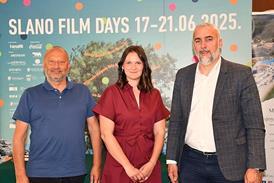
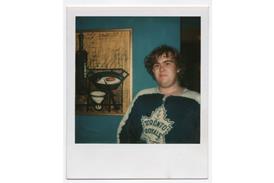
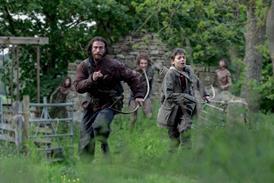
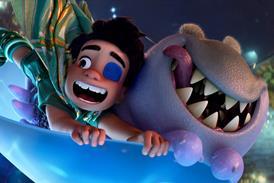


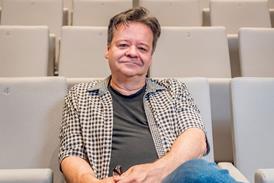

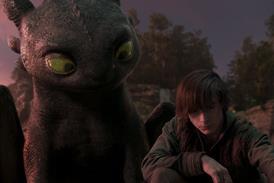
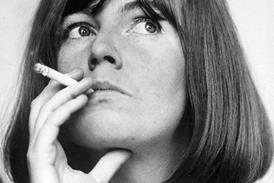
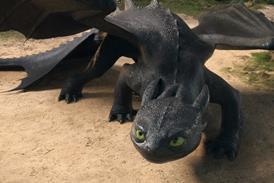


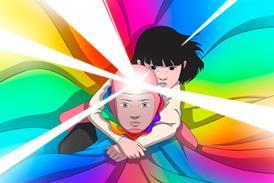







No comments yet